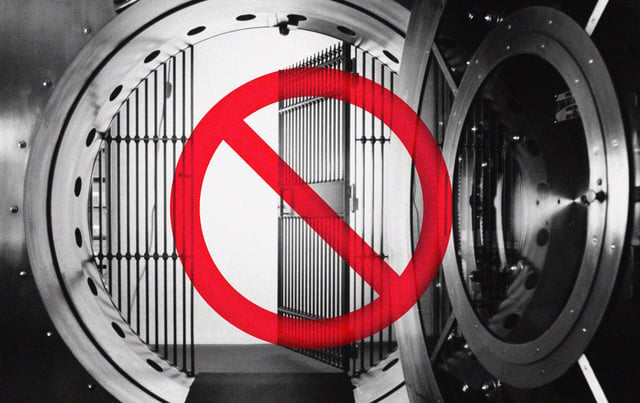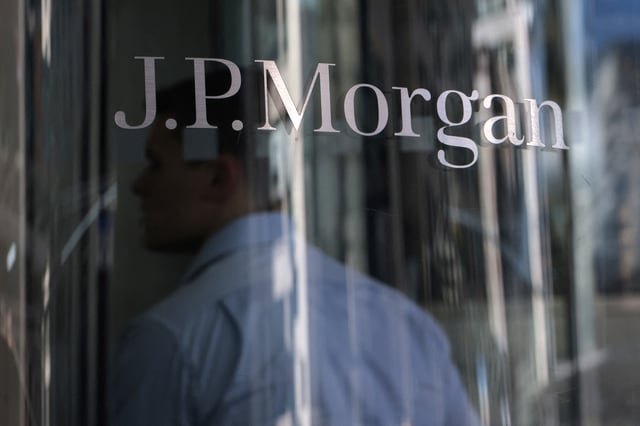Overview
- President Trump on Aug. 7 signed the "Guaranteeing Fair Banking for All Americans" order, prohibiting "politicized or unlawful debanking" and requiring individualized, objective, risk‑based decisions.
- The order sets timelines that include SBA notice to lenders by Oct. 6, 2025, financial institutions identifying, notifying, and offering reinstatement to affected clients by Dec. 5, 2025, and broader regulator reforms due by Feb. 3, 2026.
- Regulators are moving to comply: the OCC plans rule proposals, the FDIC intends to bar exam criticism based on "reputational risk" or instructions tied to political, social, or religious views, and the Federal Reserve has removed reputational risk from its supervisory framework.
- Agencies are expected to treat alleged political or religious discrimination as potential UDAP/UDAAP or ECOA violations, with complaints potentially triggering investigations and private litigation by customers claiming unlawful debanking.
- Major banks including JPMorgan, Bank of America, and Citi state they do not debank for political or religious reasons, while anonymous executives told Fox News Digital they felt regulator pressure in prior years and a House report linked Operation Choke Point to labeling lawful industries as "high risk."

